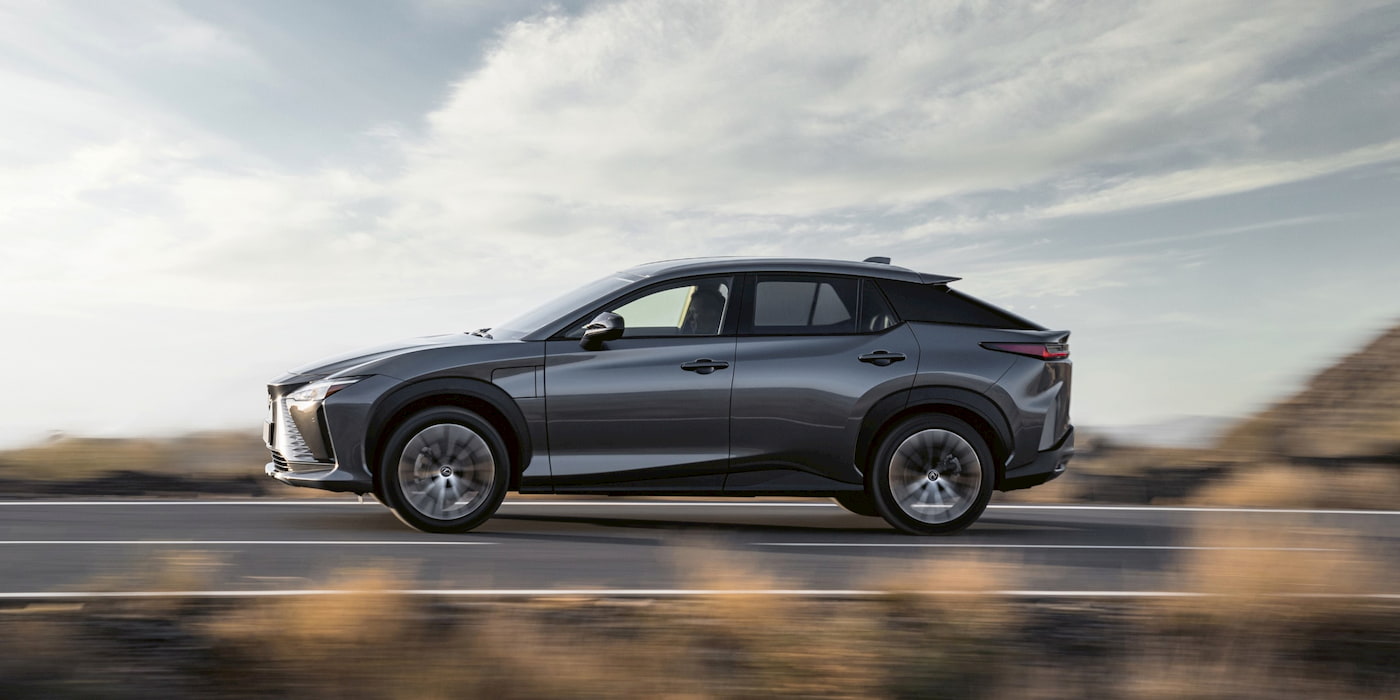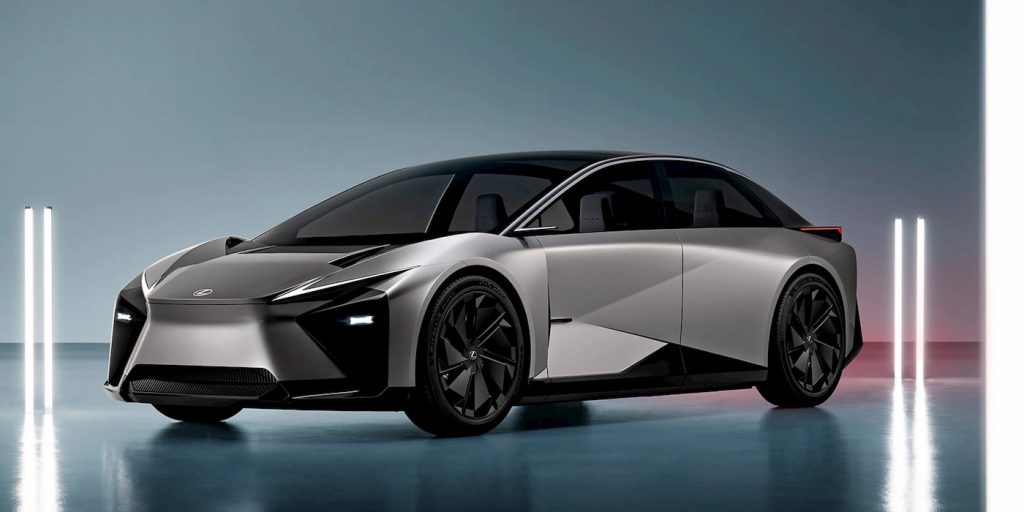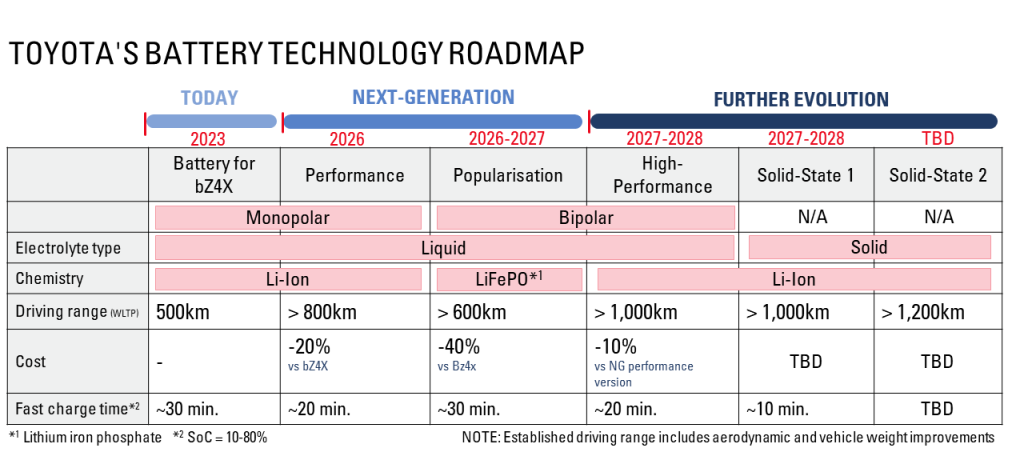
The promised ultra-efficient next-gen Toyota EV models will not hit the market in 2026 as expected. Toyota is delaying the launch of its next wave of EVs as it introduces new tech that promises to cut costs and speed up production.
Toyota is delaying the upcoming long-range Lexus EVs
Toyota joins a growing list of automakers to push back a major EV initiative. Japan’s auto giant is reportedly delaying the start of production for its next-generation EVs as it develops new manufacturing tech.
At the Japan Auto Show last October, we got our first look at the upcoming models. Toyota previewed its next-gen EV platform, showcasing two Lexus concepts, the LF-ZC and LF-ZL, both of which were expected to launch in 2026.
We may have to wait a little longer to see the production models. According to a report from Japan media outlet NHK, Toyota is delaying the start of production of the Lexus EVs until mid-2027.
Toyota claims its upcoming High-Performance EV batteries can provide over 1,000 km (621 miles) WLTP driving range. They will also include fast charging capabilities (10% to 80%) in 20 mins.

Its current bZ4X electric SUV gets up to 516 km (321 miles) WLTP range, and its EPA-estimated range is up to 236 miles.
Top comment by Cypress
Toyota: customers need a choice of drivetrains!
Also Toyota: we aren’t to give our customers a choice.
According to the report, Toyota is pushing back the date to give it time to introduce its new production methods, including giga-casting, as it looks to cut costs and accelerate output.

The shift comes after a recent Nikkei report claimed Toyota was pushing back production of its electric three-row SUV in the US until the first half of 2026. It was expected to begin assembling the new EV SUV at its Georgetown, Kentucky plant in 2025.

After notifying its suppliers, Toyota now expects to produce around 1 million EVs by 2026, down from the previous 1.5 million target.
The auto giant joins a growing list of rivals, including Ford, GM, Volkswagen, and others that recently pushed back EV plans.
FTC: We use income earning auto affiliate links. More.



Comments